Dressing Up for Change: How One Employee’s Suit Led to Supervisor Demotion
In a workplace characterized by a relaxed dress code, one employee’s decision to don a formal suit became a catalyst for organizational change. Facing vague criticisms and micromanagement from his supervisor, the employee sought clarity on dress expectations. After being advised to “dress better” without specific guidelines, he escalated the issue to Human Resources (HR), who confirmed his attire was appropriate. In response, he wore a full suit to work, drawing attention and inquiries from colleagues. When asked, he attributed the change to his supervisor’s comments. This act prompted the CEO to intervene, resulting in the supervisor’s reassignment and the employee reporting directly to upper management.
Work attire is shifting to a more comfortable and relaxed one

So, this employee was taken aback when he got told by his boss to ‘dress better’ in an office where the dress code for others was quite laid back

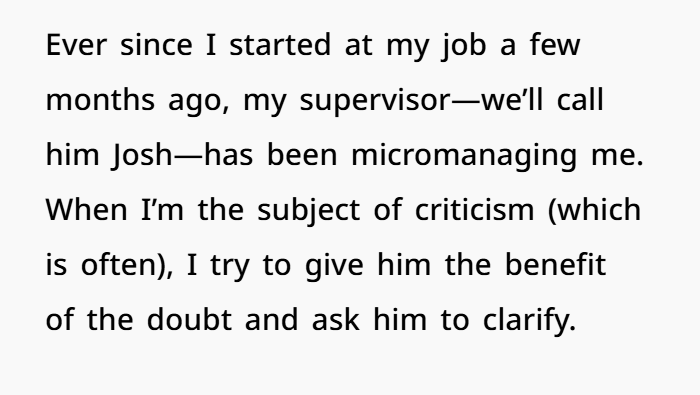
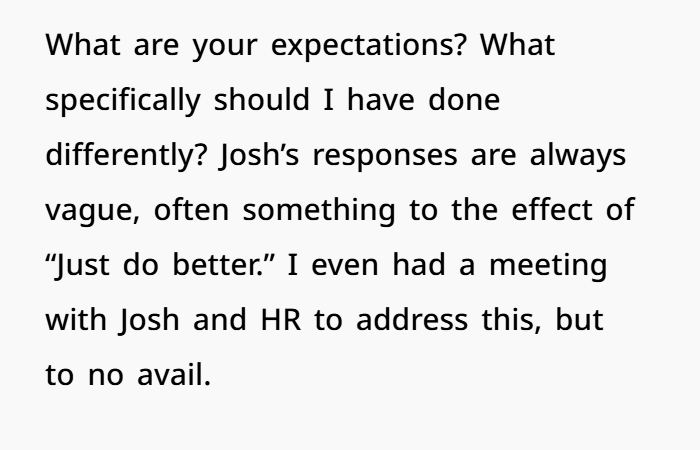
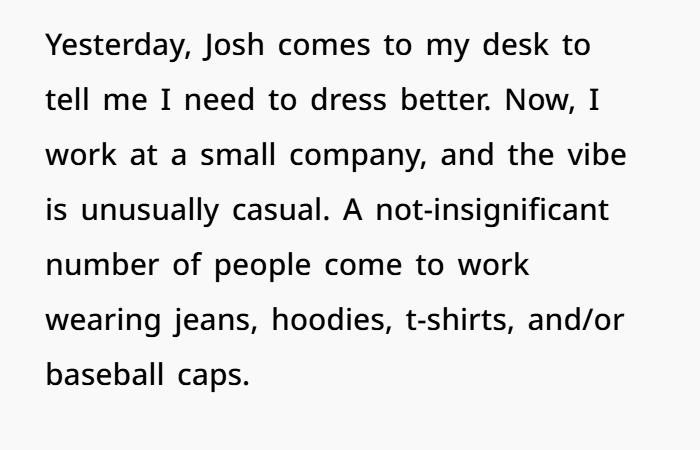
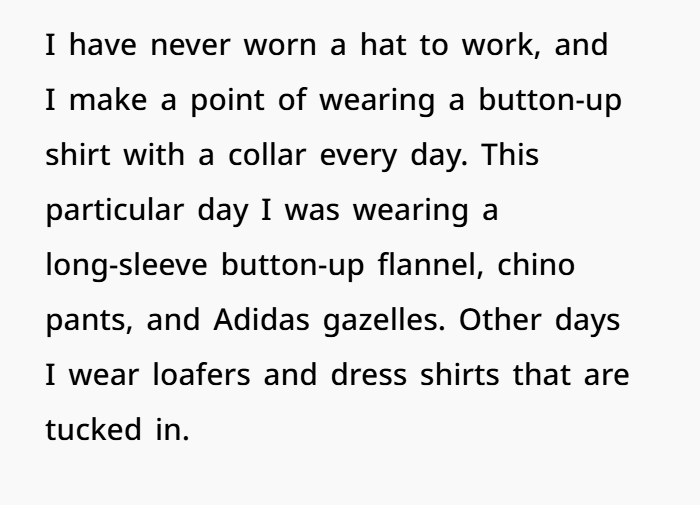
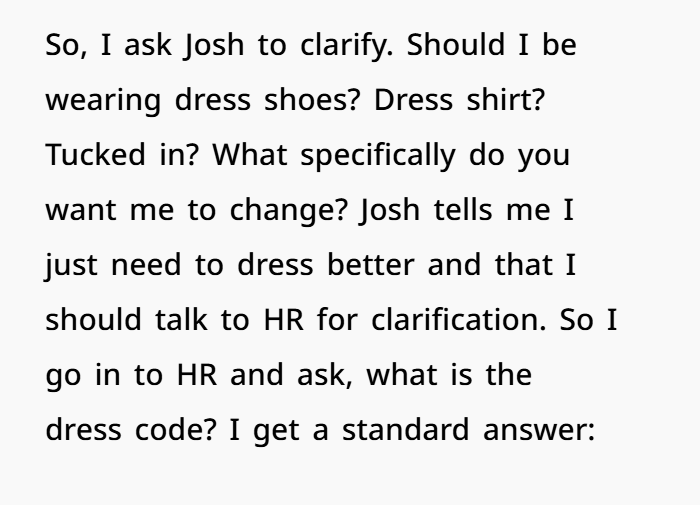
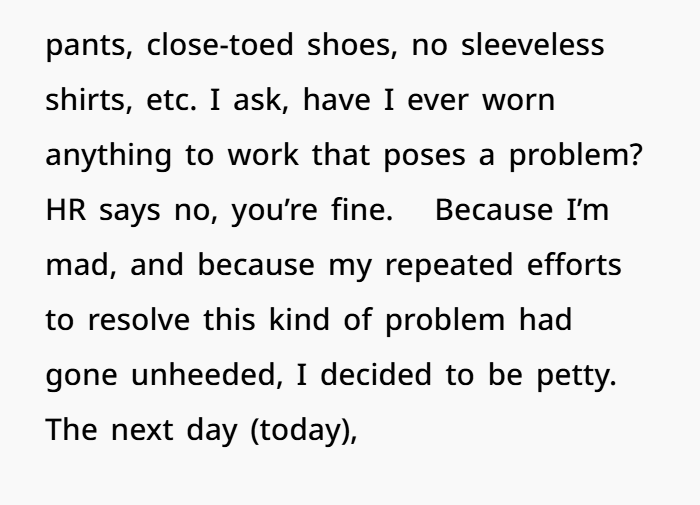
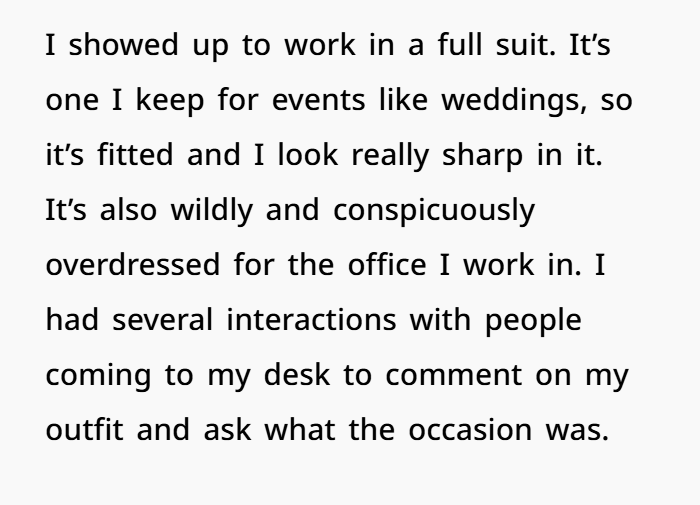
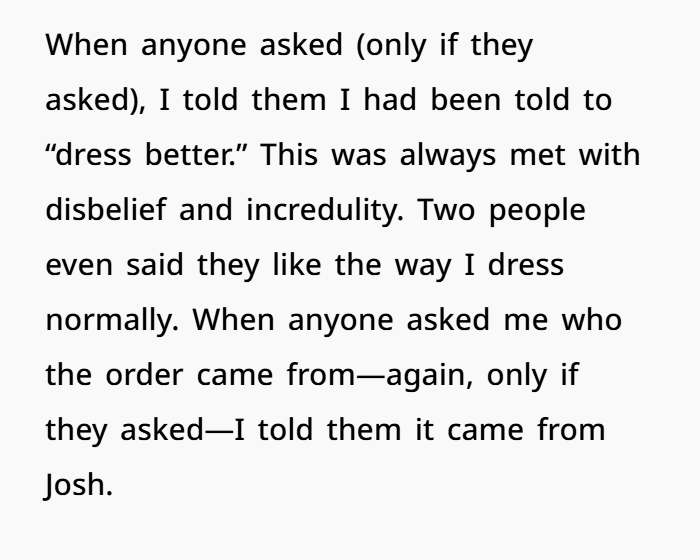
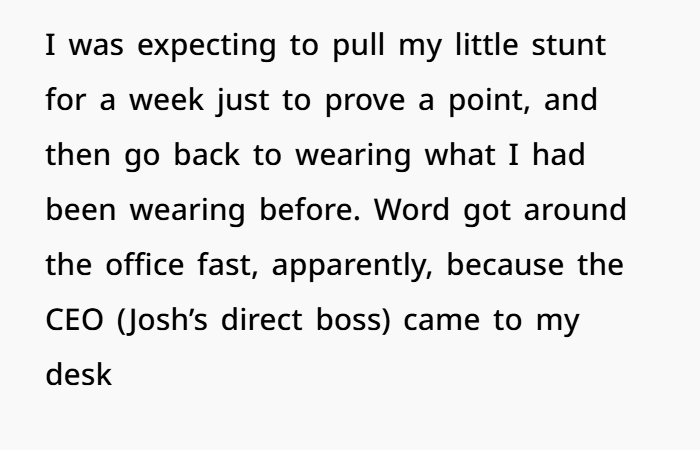
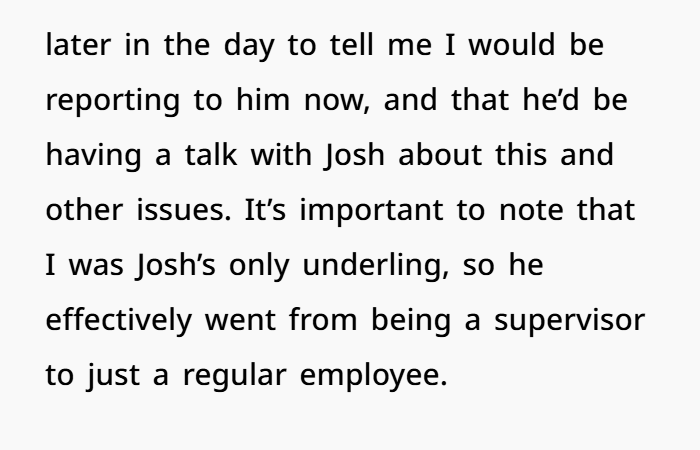
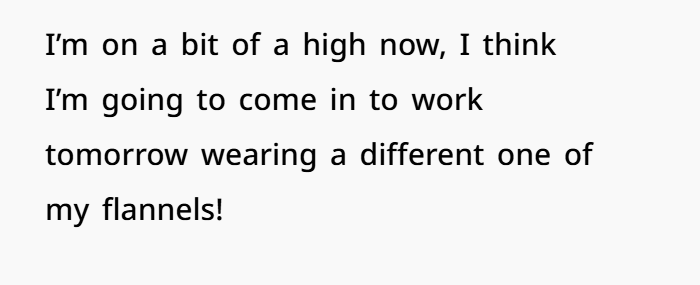
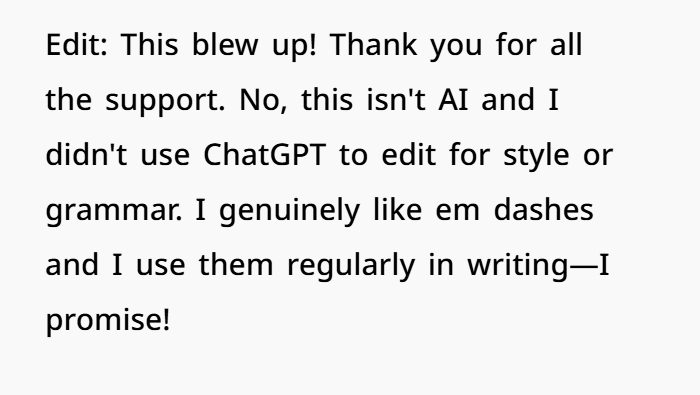
The Subtle Power of Dress Codes
Dress codes in the workplace are more than just guidelines for attire; they reflect an organization’s culture and values. While employers have the right to enforce dress codes, these policies must be applied consistently and without discrimination. The Equal Employment Opportunity Commission (EEOC) emphasizes that dress codes should not treat employees less favorably based on national origin, religion, or disability . In the Reddit narrative, the employee’s attire—a long-sleeve button-up flannel, chino pants, and Adidas Gazelles—was within the company’s casual dress code. However, the supervisor’s vague directive to “dress better” lacked specificity and consistency, leading to confusion and frustration.

The employee’s decision to wear a full suit, though seemingly petty, was a strategic move to highlight the arbitrary nature of the supervisor’s criticism. This act not only drew attention to the inconsistency but also prompted discussions among colleagues and eventually reached higher management. It underscores how employees can use compliance to spotlight managerial inconsistencies and advocate for clearer policies.
The Detrimental Effects of Micromanagement
Micromanagement, characterized by excessive control and attention to minor details, can have adverse effects on employee morale and productivity. Studies have shown that micromanagement leads to decreased job satisfaction, increased stress, and higher turnover rates . In the Reddit story, the supervisor’s vague criticisms and lack of constructive feedback exemplify micromanagement. Such behavior not only hampers employee growth but also creates a toxic work environment.
Moreover, persistent micromanagement can escalate to workplace harassment, especially when it involves unwarranted disciplinary actions and excessive criticism . Employees subjected to such environments may experience burnout, reduced creativity, and a diminished sense of autonomy. Addressing micromanagement requires organizations to foster a culture of trust, provide clear expectations, and encourage open communication.
Legal Implications and Organizational Responsibility
Employers must ensure that their policies, including dress codes and management practices, comply with legal standards to prevent discrimination and harassment. The case of Jespersen v. Harrah’s Operating Co. highlights the legal complexities surrounding dress codes. In this case, the court examined whether a company’s grooming standards, which required female employees to wear makeup, constituted sex discrimination. While the court ultimately ruled in favor of the employer, the case underscores the importance of evaluating how policies may disproportionately affect certain groups .

Organizations have a responsibility to create inclusive and equitable workplaces. This involves regularly reviewing policies, providing training to management, and establishing clear channels for employees to voice concerns. When employees feel heard and respected, it fosters a positive work environment and enhances overall productivity.
Readers thought this act of malicious compliance was very satisfying

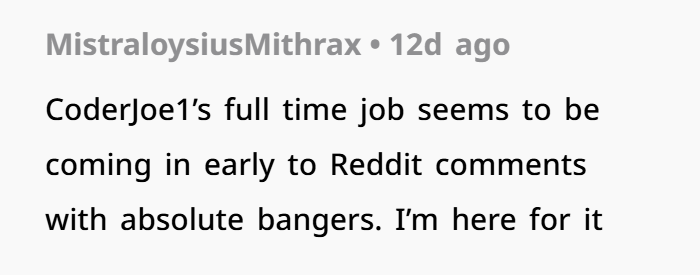



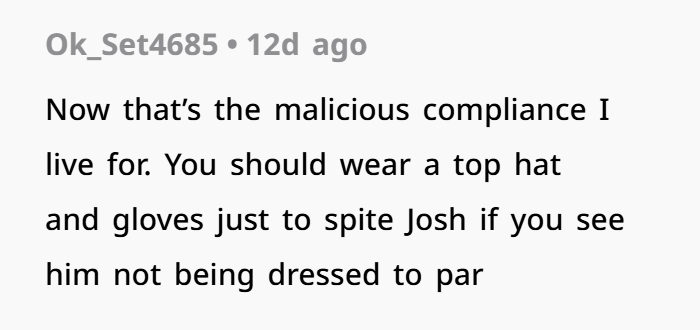
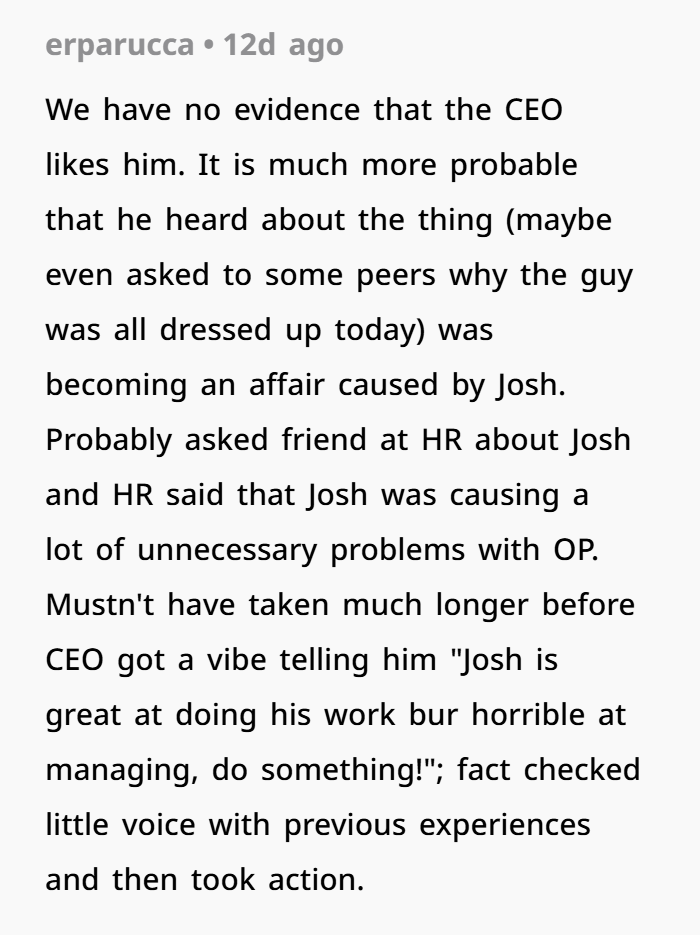
The Reddit user’s experience illustrates how subtle acts of compliance can challenge arbitrary authority and prompt organizational change. By adhering to the dress code in an exaggerated manner, the employee highlighted inconsistencies in management practices, leading to a reevaluation of supervisory roles. This narrative serves as a reminder of the importance of clear policies, respectful management, and the power of employees to advocate for positive change within their organizations.

